 W
WJohn Barclay was a Scottish writer, satirist and neo-Latin poet.
 W
WJames Beattie was a Scottish poet, moralist, and philosopher.
 W
WProf John Stuart Blackie FRSE was a Scottish scholar and man of letters.
 W
WHugh Blair was a Scottish minister of religion, author and rhetorician, considered one of the first great theorists of written discourse.
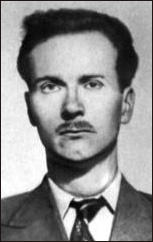 W
WJohn Cairncross was a British civil servant who became an intelligence officer and spy during the Second World War. As a Soviet double agent, he passed to the Soviet Union the raw Tunny decryptions that influenced the Battle of Kursk. He was alleged to be the fifth member of the Cambridge Five. He is also notable as a translator and writer of non-fiction.
 W
WThomas Carlyle was a British historian, satirical writer, essayist, translator, philosopher, mathematician, and teacher. In his book On Heroes, Hero-Worship, and The Heroic in History (1841), he argued that the actions of the "Great Man" play a key role in history, claiming that "the history of the world is but the biography of great men". Other major works include The French Revolution: A History, 3 vols (1837) and The History of Friedrich II of Prussia, Called Frederick the Great, 6 vols (1858–65).
 W
WRobert Carruthers (1799–1878) was a Scottish journalist and miscellaneous writer.
 W
WJames Main Dixon FRSE was a Scottish teacher and author, and an important scholar of the Scots language.
 W
WSir James Donaldson was a Scottish classical scholar, and educational and theological writer.
 W
WJohn Douglas was a Scottish scholar and Anglican bishop.
 W
WDouglas Eaglesham Dunn, OBE is a Scottish poet, academic, and critic. He lives in Scotland.
 W
WJohn Ferriar, was a Scottish physician and a poet, most noted for his leadership of the Manchester Infirmary, and his studies of the causes of diseases such as typhoid.
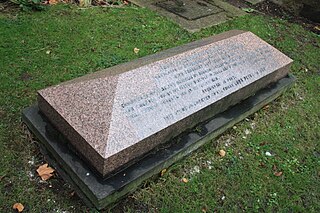 W
WAlexander Geddes was a Scottish theologian and scholar. He translated a major part of the Old Testament of the Catholic Bible into English.
 W
WProfessor Christopher Harvie is a Scottish historian and a Scottish National Party politician. He was a Member of the Scottish Parliament for Mid Scotland and Fife from 2007 to 2011. Before his election, he was Professor of British and Irish Studies at the University of Tübingen, Germany.
 W
WHenry Home, Lord Kames was a Scottish advocate, judge, philosopher, writer and agricultural improver. A central figure of the Scottish Enlightenment, a founding member of the Philosophical Society of Edinburgh, and active in the Select Society, he acted as patron to some of the most influential thinkers of the Scottish Enlightenment, including the philosopher David Hume, the economist Adam Smith, the writer James Boswell, the chemical philosopher William Cullen, and the naturalist John Walker.
 W
WFrancis Jeffrey, Lord Jeffrey was a Scottish judge and literary critic.
 W
WWilliam Paton Ker, FBA, was a Scottish literary scholar and essayist.
 W
WMalcolm Laing was a Scottish historian, advocate and politician.
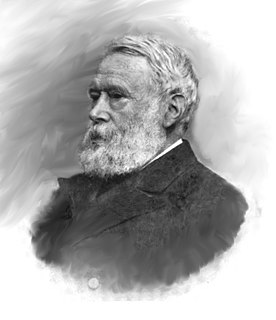 W
WProf David Mather Masson LLD DLitt, was a Scottish academic, supporter of women's suffrage, literary critic and historian.
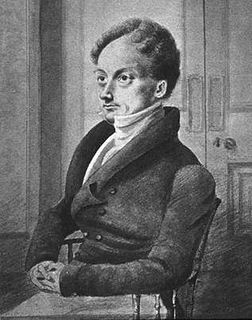 W
WJames Mill was a Scottish historian, economist, political theorist, and philosopher. He is counted among the founders of the Ricardian school of economics. He also wrote the monumental work The History of British India. He was the first writer to divide Indian history into three parts: Hindu, Muslim and British, a classification which has proved surpassingly influential in the field of Indian historical studies, but which is seen in recent decades as being deeply problematic.
 W
WWilliam Allan Neilson was a Scottish-American educator, writer and lexicographer, graduated in the University of Edinburgh in 1891 and became a Ph.D. in Harvard University in 1898. He was president of Smith College between 1917 and 1939.
 W
WAndrew O'Hagan, FRSL is a Scottish novelist and non-fiction author. He is also an Editor-at-Large of London Review of Books and Esquire Magazine. O'Hagan is currently the Visiting Professor of Writing at King's College London.
 W
WProf William Richardson FRSE was a Scottish classicist and literary scholar. In 1783 he was a joint founder of the Royal Society of Edinburgh.
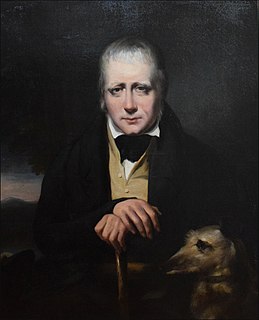 W
WSir Walter Scott, 1st Baronet was a Scottish historical novelist, poet, playwright, and historian. Many of his works remain classics of both English-language literature and of Scottish literature. Famous titles include The Lady of the Lake and the novels Waverley, Old Mortality, Rob Roy, The Heart of Mid-Lothian, The Bride of Lammermoor, and Ivanhoe.
 W
WJohn Campbell Shairp was a Scottish critic and man of letters.
 W
WProf George Gregory Smith was a Scottish literary critic.
 W
WSir Thomas Grainger Stewart was an eminent Scottish physician who served as president of the Royal College of Physicians of Edinburgh (1889–1891), president of the Medico-Chirurgical Society of Edinburgh, president of the medicine section of the British Medical Association, and Physician-in-Ordinary to the Queen for Scotland. He was perhaps best known for describing the condition known as multiple neuritis as well as directing scientific attention in Great Britain to the deep reflexes.
 W
WWilliam Tytler WS FRSE (1711–1792) was a Scottish lawyer, known as a historical writer. He wrote An Inquiry into the Evidence against Mary Queen of Scots, against the views of William Robertson. He discovered the manuscript the "Kingis Quhair", a poem of James I of Scotland. In 1783 he was one of the joint founders of the Royal Society of Edinburgh.
 W
WThe Very Rev Dr Lauchlan MacLean Watt DD FRSE LLD was the minister of Glasgow Cathedral from 1923–34, and the Moderator of the General Assembly of the Church of Scotland in 1933. He was a published poet and author, and respected as a literary critic.
 W
WChristopher Whyte is a Scottish poet, novelist, translator and critic. He is a novelist in English, a poet in Scottish Gaelic, the translator into English of Marina Tsvetaeva, Pier Paolo Pasolini and Rainer Maria Rilke, and an innovative and controversial critic of Scottish and international literature. His work in Gaelic also appears under the name Crìsdean MacIlleBhàin.